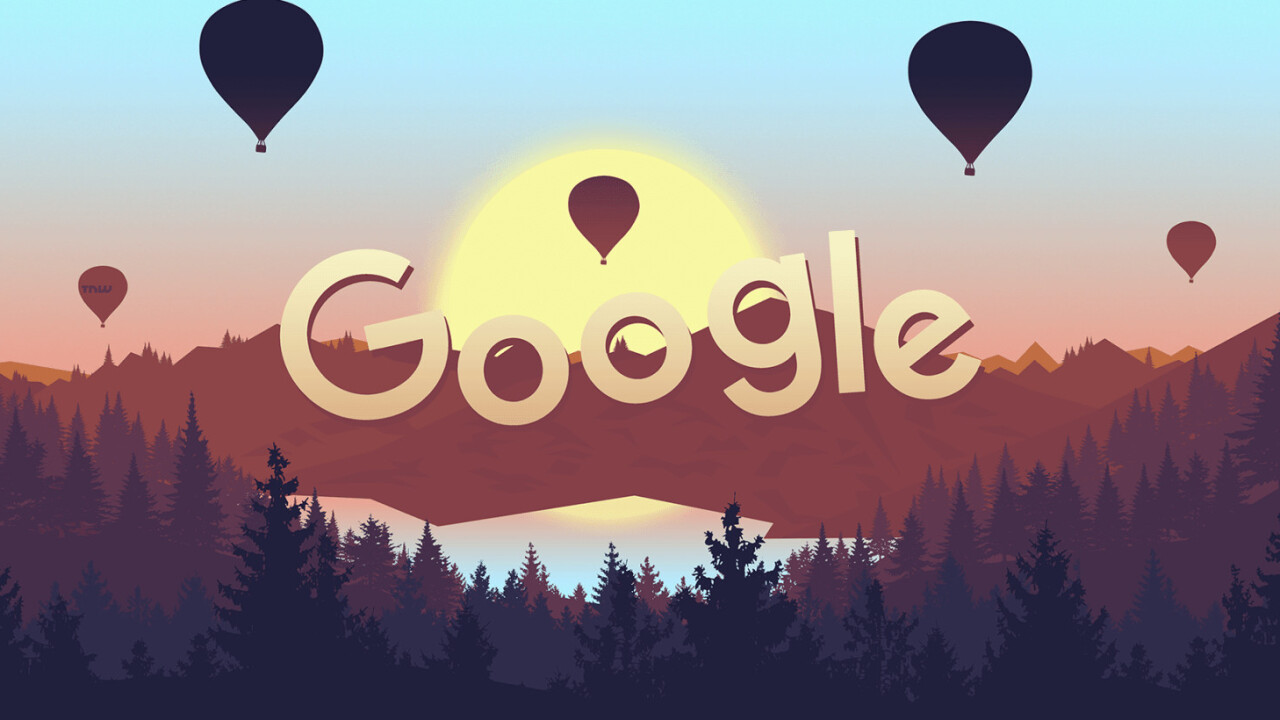
If you enjoy Google Play Music’s recommendations based on what you listen to, you can thank researcher Douglas Eck. The former University of Montreal computer science professor used machine learning principles on that project, and is now experimenting with it to see if he can teach computers to make art and music on their own.
Eck, along with a handful of Google Brain team members, is gearing up to launch Magenta on June 1. The project will involve the use of Google’s open-source AI platform TensorFlow to create algorithms that can generate music.
Of course, the idea is more complex than that. Eck explained:
I’m primarily looking at how to use so-called “generative” machine learning models to create engaging media. Additionally, I’m working on how to bring other aspects of the creative process into play. For example, art and music is not just about generating new pieces. It’s also about drawing one’s attention, being surprising, telling an interesting story, knowing what’s interesting in a scene, and so on.
Speaking at the recent Moogfest event in Durham, North Carolina, Eck added that the plan is to eventually move on from music, to video and other visual arts.
Using TensorFlow, which Google made available to the public last November, the team behind Magenta hopes to attract other creatives to experiment with the technology and apply it to their own work.
There’s also a plan to launch an app to showcase music and visual art borne out of the Magenta project, and gauge people’s opinion of creative work from machines.
Get the TNW newsletter
Get the most important tech news in your inbox each week.




